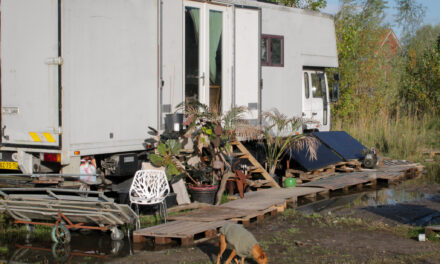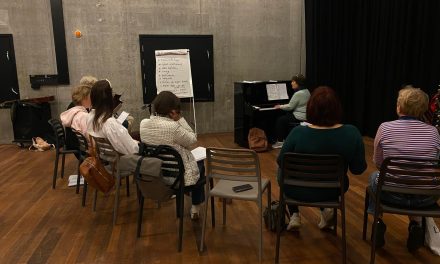Every year, the European Parliament relocates twelve times between Brussels and Strasbourg, as mandated by the European Treaty. This practice, often referred to as the “moving circus,” has been under scrutiny for years. In early October, PVV Member of Parliament Sebastiaan Stöteler submitted a motion to put an end to these relocations. “The monthly relocation incurs enormous costs: travel expenses for all people and materials involved, hotel stays in Strasbourg and its surroundings, as well as the maintenance, insurance, security, and management of two parliamentary locations.”
Symbolism versus Reality
The monthly relocation of the Parliament has deep historical roots. In the 1950s, during the establishment of what is now the European Union, Strasbourg was symbolically chosen as the seat of the Parliament. This city, situated on the French-German border, represents reconciliation between the two nations after World War II.
Patrick Bijsmans, associate professor of European Studies, explains: “The choice of Strasbourg has a historical background. It is tied to the beginning of European integration, which was specifically initiated to prevent future wars between Germany and France. The symbolic value of Strasbourg therefore remains significant.”
However, many Members of the European Parliament argue that this symbolism no longer outweighs the costs and inefficiency. The annual costs of the relocation are estimated at around 200 million euros. Moreover, the shuttling of hundreds of parliamentarians, officials, and documents results in significant CO₂ emissions. Many MEPs believe this practice is outdated.
Previous attempts to end the relocation have been unsuccessful. This is due to the complexity of amending a European Treaty. The explainer below delves into why changing a treaty is easier said than done.

Political Hurdles
Like mentioned in the explainer the main obstacle is France. The European Treaty designates Strasbourg as the official seat of the Parliament, and France strongly opposes any changes. According to Bijsmans, it’s not just about symbolism: “Strasbourg benefits economically from the parliamentary sessions. Hotels, restaurants, and other businesses thrive during the weeks the Parliament convenes there.”
France also argues that the costs of the relocation are relatively minor compared to the EU’s overall budget. “The €200 million may sound significant, but when divided among all EU citizens, it amounts to just a few cents per person”, adds Bijsmans.
Nevertheless, French and German politicians continue to emphasize Strasbourg’s importance as a symbol of peace and cooperation. Bijsmans notes: “For some countries, this symbolism remains crucial, especially in times like these, with the war in Ukraine.”
What’s the Solution?
Sebastiaan Stöteler is hopeful for a breakthrough, either through political pressure or by reaching a compromise: “If all other countries want it and France is the only one opposing, a change might become possible.”
Bijsmans suggests that any compromise would need to involve a major concession, such as assigning another significant EU institution to Strasbourg. “Or for example, something related to defense cooperation. With Trump returning to power, that could provide additional momentum,” he says. However, he also notes that it is unlikely France will concede quickly. “In the end, when it comes down to it, I wonder if Germany will truly exert strong pressure given the close friendship and ties between the two countries. What is often underestimated is how deeply interconnected European nations, especially the founding members of European integration, have become. It’s not as simple as 26 countries uniting and telling France: this must end. That’s not how Europe works.”
Even if another EU institution were to be relocated to Strasbourg, Bijsmans points out that this would only shift the problem: “You can’t move the European Commission to Strasbourg; it would create the same issue,” he explains.
Although criticism of the European Parliament’s monthly relocation is growing, the symbolism remains significant. It seems that only a substantial compromise, such as assigning another major EU institution to Strasbourg, could break the deadlock. Until then, the “moving circus” will remain a part of European politics.




